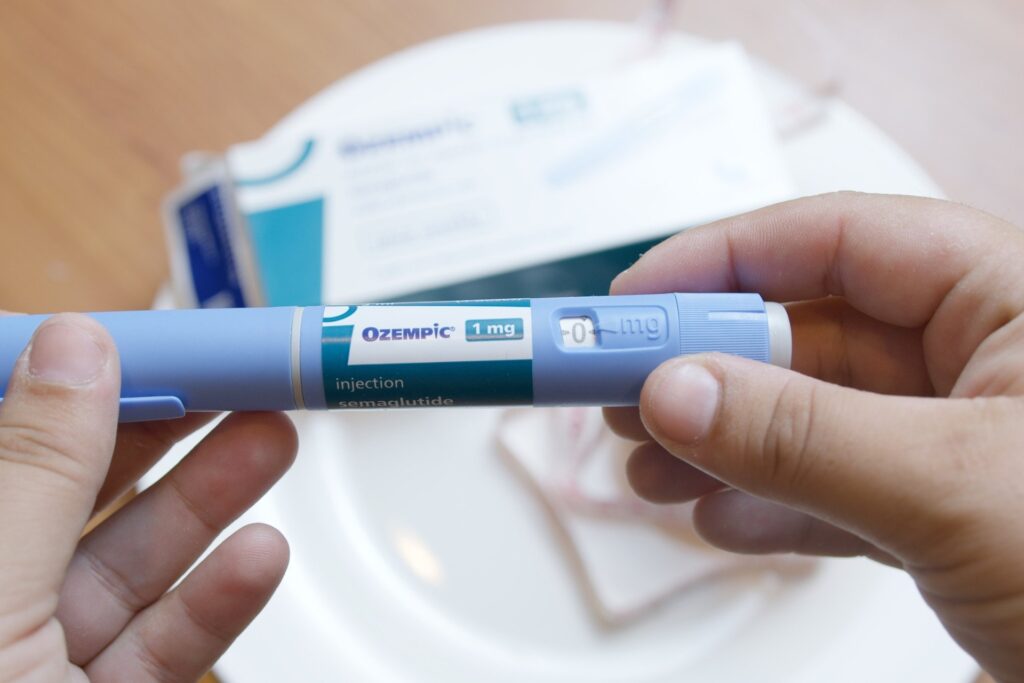
Research indicates that the effectiveness of GLP-1 agonists, including Ozempic and Wegovy, may be influenced by the reasons individuals overeat. A recent study involving 92 participants with type 2 diabetes conducted in Japan suggests that those who overeat due to external stimuli, such as the appearance or aroma of food, may respond more positively to these medications than those who eat for emotional reasons.
The findings, published in Frontiers in Clinical Diabetes and Healthcare, highlight the importance of understanding eating behaviors in predicting treatment outcomes. According to Daisuke Yabe, senior author of the study and a professor at Kyoto University, “Pre-treatment assessment of eating behavior patterns may help predict who will benefit most from GLP-1 receptor agonist therapy.” The study emphasizes that while these drugs can be effective for individuals experiencing weight gain or elevated blood glucose due to external triggers, they may be less beneficial for those whose eating patterns are driven by emotional factors.
Key Findings on Eating Behaviors
The research team gathered extensive data on the participants, measuring body weight, diet, and various health metrics such as blood glucose and cholesterol levels at the start of treatment, three months in, and after a year. The focus was on three main eating behaviors: emotional eating, external eating, and restrained eating.
As the study progressed, participants showed a significant reduction in body weight, cholesterol levels, and body fat percentage, while skeletal muscle mass remained unchanged. Although blood glucose levels did improve, the changes were not statistically significant. Interestingly, participants experienced a notable decrease in external eating behaviors over the year. Those who reported high levels of external eating at the onset experienced the most significant improvements in their blood glucose levels and weight loss.
Conversely, emotional eating remained a challenge. By the end of the year, many participants reverted to their original emotional and restrained eating habits. Takehiro Kato, a researcher from Gifu University and the second author of the study, explained, “One possible explanation is that emotional eating is more strongly influenced by psychological factors which may not be directly addressed by GLP-1 receptor agonist therapy.” He suggested that individuals with strong emotional eating tendencies may require additional psychological or behavioral support to achieve better outcomes.
Implications for Future Research
The study raises important questions about the relationship between eating behaviors and the effectiveness of GLP-1 receptor agonists. Although the findings suggest a potential association between external eating and treatment response, the researchers caution that these results are preliminary. The observational nature of the study and reliance on self-reported data limit the ability to establish a definitive causal link.
Yabe noted, “Further evidence is necessary before they can be implemented in clinical practice. Should future large-scale or randomized controlled trials validate this relationship, incorporating simple behavioral assessments could become a valuable component in optimizing treatment strategies.”
As the landscape of diabetes treatment continues to evolve, understanding the psychological and behavioral aspects of eating may play a crucial role in enhancing the effectiveness of medications like Ozempic and Wegovy. The ongoing exploration of these connections could lead to more tailored and effective treatment options for individuals struggling with type 2 diabetes.






